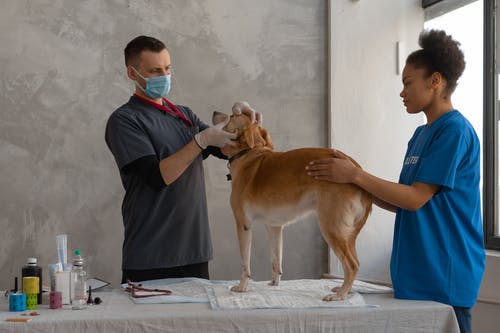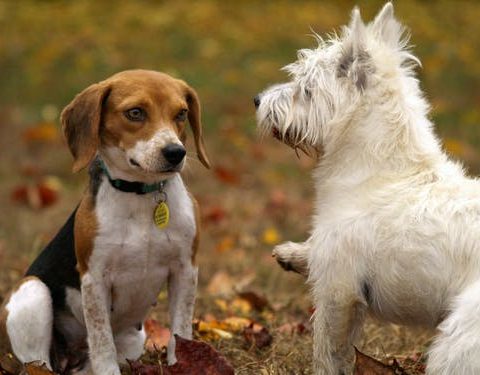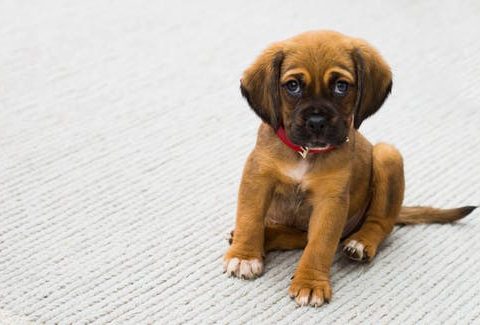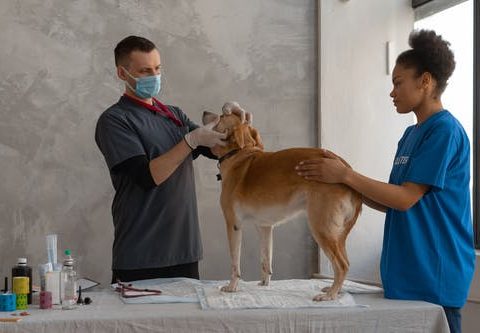Bringing your furry friend in for surgery can be a challenging experience. Here is a comprehensive guide to what to do before your pet undergoes surgery.
What should pet parents know before the surgery?
You take your pet for an operation. How does that make you feel? Even if your pet is having routine surgery, the word “emotional” probably sums up your feelings because leaving the clinic without your pet is the worst thing in the world. But it is reassuring to know that your pet is in the best hands to meet its needs. You may find more information on this page.
What are the various types of surgery?
Your pet may require one of three types of surgery during its lifetime. Spaying or neutering may be part of the surgery you choose for your pet. The surgery prescribed by the veterinarian for your pet’s health and well-being, such as tumor removal, is non-elective but can be scheduled.
Of course, emergency surgery is available if your pet has an accident or gets into a fight with another animal. In the final scenario, you do not have time to prepare your pet for surgery, but you still need to know how to care for it after the operation, during its convalescence.
If your pet needs an in-house diagnostic laboratory, ensure that your chosen clinic is well-known and the veterinarian has extensive experience in the field.
How should you prepare your pet for surgery?
First, assist your veterinarian by adequately preparing your pet for surgery. You would be surprised how many dogs are brought in for surgery in filthy conditions, despite the surgery being sterile. Of course, the pet is prepped, clipped, and scrubbed before being shaved.
However, if its hygiene level is “muddy,” your pet will spend unnecessary time under anesthetic to get clean enough to scrub up. It is where the responsible human enters the picture. What you do (or don’t do) in the 24 hours leading up to an operation can make a difference in the safety of your pet’s procedure, believe it or not.
It is important that your pet gets preventive care to avoid any issues arising. Consult your vet for more info on preventive care.
The pet must fast for the procedure.
It is a life-or-death situation, and you have control over it. When your pet is having surgery, never feed them on the morning of the procedure unless the vet instructs you explicitly. This rule applies to both cats and dogs. (For example, rabbits or guinea pigs should never be starved for surgery.)
Dogs and cats must have an empty stomach before having an anesthetic because anesthesia causes them to lose the ability to swallow. If the stomach contracts and forces vomit into the mouth, the dog or cat cannot swallow it. If they do not have a tube in their airway, they risk inhaling vomit into their lungs.
Inhaled vomit causes two issues:
- It obstructs the airway and causes the patient to suffocate.
- Stomach acid in the lungs can cause fatal pneumonia.
It is simple to avoid this if you withhold food from your pet overnight. The standard recommendation is:
- The last meal the previous night, preferably before 10 p.m.
- Overnight, water is fine, but remove the bowl around 7 a.m.
- No breakfast or snacks.
- No treats in the morning.
If your pet has a medical condition that makes withholding food difficult (such as diabetes), consult your veterinarian for specific instructions. Under anesthesia, starved animals can still experience gastric reflux, but the risk of serious complications is lower when the stomach is empty.
Everything relaxes during an anesthetic, including the valves that seal off the stomach. It is not uncommon for some stomach acid to leak into the gullet while the animal sleeps. If the procedure is brief, the natural esophageal defenses keep the acid away from the delicate tissue.
However, for more lengthy procedures, the pet may experience heartburn-like symptoms. Post-surgery symptoms include a loss of appetite, drooling, and retching after eating. Antacid medication is usually effective in treating this.
Conclusion
Consider starving your pet before surgery. Know that your veterinarian has your back — they have protocols in place to anticipate problems like gastric reflux, so there is less risk of harm. But let us not make life any more difficult or stressful than it needs to be.








